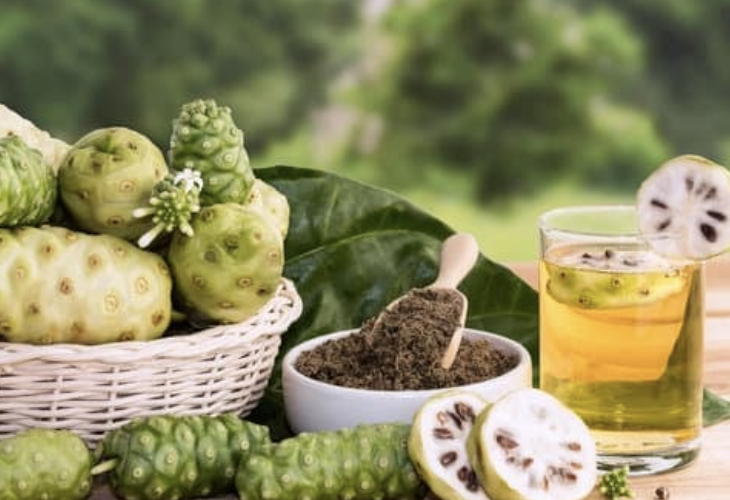Discover the Fruit with Remarkable Healing Powers, Especially for Diabetes
Living with diabetes? Meet the Noni fruit, celebrated for its effectiveness in diabetes management, and more.

Who hasn't yet heard of the Noni fruit, also known as Morinda? It's one of the most talked-about fruits globally, and for good reason: besides the fact that it's tough to cultivate, thriving only in tropical climates, it boasts amazing healing properties, helping to prevent the development of cancerous cells in the body, among other benefits.
Most Noni fruit trees are currently grown in Costa Rica and the Caribbean Islands.
One of the most researched substances in the context of Noni is a compound called xeronine, which our body needs to function optimally. Although the body naturally produces xeronine, as we age and our cells grow older, the body produces less and less of it. When xeronine is less present in our system, the molecular structure of cells changes, making it harder for the body to repair damaged cells. The Noni fruit essentially encourages xeronine production, even as the body ages and produces less on its own.
Besides this, Noni is rich in enzymes that help slow down the aging process, balance blood sugar levels, tackle diabetes, lower high blood pressure, prevent depression, boost the production of happy hormones, strengthen the immune system, relieve muscle pain and arthritis, improve digestion, prevent the development of cancer cells, detoxify the body, and more. The fruit is usually consumed in its natural form, but in some countries, it is only available as juice or as a powder sold in capsules.

